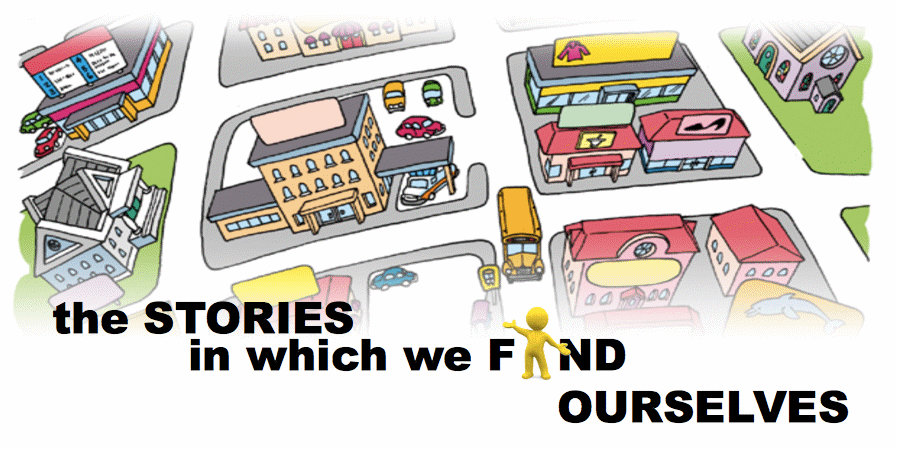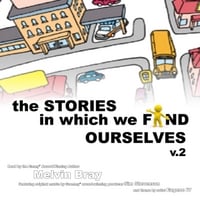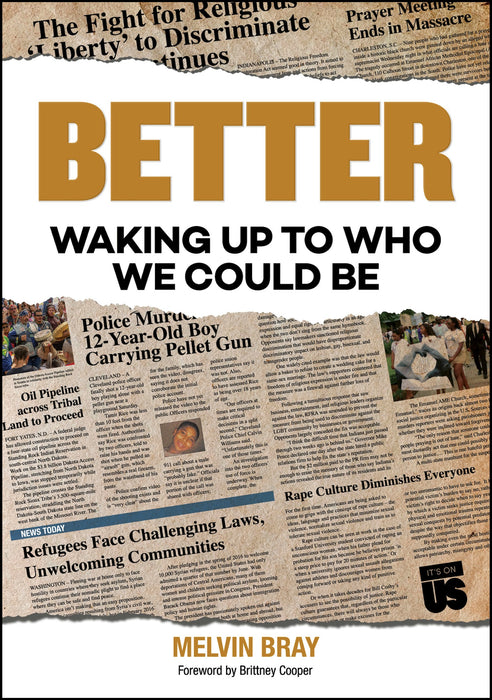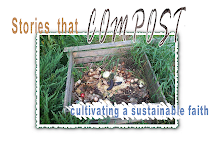Guess Who's Coming to Dinner... or Not—Episode 3
(based on Genesis 7—a story of creation)
Pair by pair Noah and Naomi, Shem and Varda, Ham and Ital, Japheth and Nitzan led the walking animals into their stalls or cages 14 clean (as in kosher to eat) animals of each species and 2 unclean (not so kosher) or two-by-two, depending on which part of the biblical narrative you're reading. The flyers found space to roost for themselves.
It had to be more than a little unnerving to escort the first predator across the gangplank. Do you push them? Do you pull them? How much force is too much? If you you tie a rope around their necks and pull, how much lead do you give yourself? Do you dare turn your back to them? Do you think they've eaten already?
Once Noah and his family got over their initial insecurities, things moved at a pretty good clip, until finally they were done. The last cage was latched. The last stall was hayed. The last supper was served. The last cutie-pie cuddled. The only thing left to do was to wait.
Noah's family slept on the outer deck of the ark that night, hoping to enjoy a last bit of fresh air, but no one got much sleep. How could they? At any moment their lives could change forever.
As the sun came up the next day, a crowd began to gather. News had spread throughout the countryside about Noah's new menagerie. Not wanting to miss the opportunity to invite folks in, Noah called from the top deck that he was on his way down. Noah was excited. Curiosity had long since waned regarding the purpose of the ark. It seemed so irrelevant to so many that few even came to mock it anymore.
Noah invited his visitors in. It didn't matter to him why they had come, only that they knew they were welcome to return, even stay. As they toured the ark, several asked questions. "Why collect animals now?" There were those who had heard Noah's stories a hundred years ago and started a traveling exhibition of captured animals and other curiosities called a "circus". As many as fifty years ago, the city's wealth elites and scholars proposed and established what they called a "zoo" for the study and provision of animals. While Noah talked about what was to come and built his boat, these innovators had beaten Noah to the punch. "Why try to compete now?"
"This isn't competition," Noah insisted. "I didn't collect these animals. I desire to start neither a circus nor a zoo, both of which have rather dubious intentions at best. By comparison, one might call this a preserve. I can only imagine that these creatures came because they sensed a possible future in this place. They have put aside their instinctual distrust and predation of one another for the risk of survival. Whether they come to call this home and continue in this way or not, they recognize that their current way of being in the world has run its course and is no longer sustainable."
"That's crazy! Why would an animal come here, stay here, of it's own volition?"
"For the same reason those without share in the labor of the garden out there and those with little participate in the swop meet down at the lake. Shared need betting on shared hope, I imagine. That's what creates community. It's what makes next door residents neighbors. That and a little divine grace to recognize a good thing."
Noah likely had several conversations like this that last week. The way the story has been handed down to us it is pretty sparse on details: no conversations with neighbors, no city dwellers and wild ones, no animal wrangling: just it's gonna rain, better get ready, it rained. Anything else, we've brought to the story. Quite often, people fill in the gaps by imagining the coming of the flood as a great big "I told you so" act of vindication for all the humiliation they imagine Noah suffered. That's one way of telling the story, I suppose. However, I choose to tell it in a way that better matches what I've learned about God's desire to preserve more than punish.
At this point in the story, we can imagine that most of Noah's time was absorbed with caring for the animals and finishing up some projects he had put off. We can also imagine that everyone else was distracted by their own concerns. The one clue we're given is the description that their imaginations were evil—deeply selfish, self-consumed—continually. So I've seized upon the most pervasive and enduring social evil in the world of the Hebrew storytellers who gave us Noah's story: the almost inevitable tendency for strongholds, like cities, forts, empires to claim more and more territory for themselves.
I imagine a subplot in which most of the city and nearby farm folks are preoccupied with the politics of driving nomadic herders and wilderness dwellers off some of their traditional territory because something of value had been found there. The outliers in response were primarily concerned with protecting themselves. Days came and went quickly that week, tensions rising. Finally, word went out that a city-sponsored expedition into the uncultivated lands had been attacked by a ban of savage outliers. This was just the provocation city officials needed to declare war with the full, even if reluctant, backing of the stationary populace.
As the sun set and battle plans were made, a gentle but steady rain began to fall. Most people thought nothing of it. Noah and his family slept inside for the first night since the animals had arrived. By morning, Noah was convinced that this was it. The rain had pick up significantly and showed no sign of abating. This was more than just a spring shower. It takes a while for things to flood: nature has a way of dealing with rain water for a while. Noah felt like he had time to make one final appeal to the various factions that shared his little corner of the world. He had heard that one last public hearing on the declaration of war was to be held in the city that day. Most of Noah's neighbors had planned to be there. A little rain would likely not deter them. Noah did his morning chores quickly. Then told his family his plans.










No comments:
Post a Comment